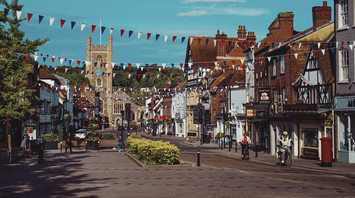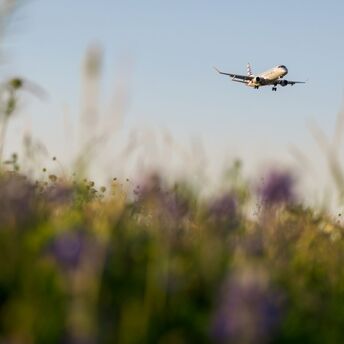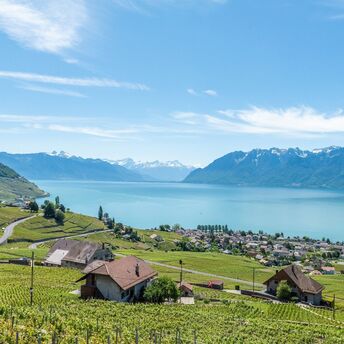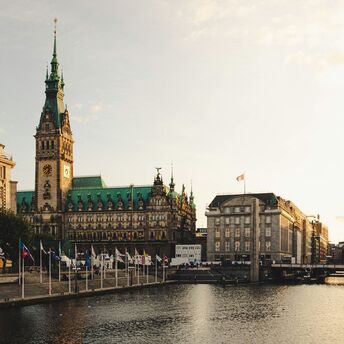Historic Rowing Town Broadens Travel Potential Outside Summer

Every summer, crowds gather in the South Oxfordshire town of Henley-on-Thames as it brings back a rowing tradition that dates back nearly two centuries. First held in 1839, the event attracts more than 300,000 visitors and remains one of the most attended rowing competitions in the country. In recent years, however, the town has experienced a notable increase in visitor numbers outside the summer event period, prompting a shift in how Henley is approached by travellers.
This shift has placed greater emphasis on making the town accessible throughout the year. Regular rail services via Reading and Twyford provide access from cities including London, Bristol and Manchester. With growing interest in visiting during quieter months, Henley has seen gradual improvements in infrastructure and public offerings aimed at supporting heritage-related travel, nature-based recreation and community-driven experiences.
Two locations contribute to this diversification of local travel experiences. The first is The Henley Distillery, based at Hampstead Farm in Binfield Heath. Housed in a 200-year-old barn, the distillery produces small-batch gin and rum and offers guided tastings and three-hour blending workshops with a wide range of botanicals. The second is Hart Street Tavern near the river, where visitors can try seasonal menus and locally inspired dishes throughout the week.
Greys Court, a fourteenth-century estate overlooking the Chiltern Hills, is open to visitors and features Tudor chimneys, restored interiors and walled gardens. Two former farm buildings have been adapted for public use. One operates as a tearoom, while the other offers seasonal produce grown on the grounds. In the town centre, Pavilion café and deli near the Market Place hosts small cookery classes and sells locally made sauces, preserves and handmade pasta.

These new places show that Henley is no longer just about the regatta but is gradually turning into a spot where people come for more varied reasons all year round. Although still associated with its annual regatta, the town now offers activities and sites that operate independently of the event schedule. For visitors, this allows more flexible planning and encourages engagement with the region’s cultural and natural heritage at different times of the year.



















